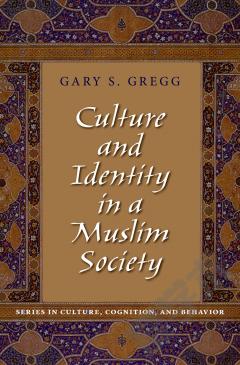Cultural Memory and Identity in Ancient Societies
In recent years memory has become a central concept in historical studies, following the definition of the term 'Cultural Memory' by the Egyptologist Jan Assmann in 1994. Thinking about memory, as both an individual and a social phenomenon, has led to a new way of conceptualizing history and has drawn historians into debate with scholars in other disciplines such as literary studies, cultural theory and philosophy. The aim of this volume is to explore memory and identity in ancient societies. 'We are what we remember' is the striking thesis of the Nobel laureate Eric R Kandel, and this holds equally true for ancient societies as modern ones. How did the societies of Mesopotamia, Egypt, Greece and Rome remember and commemorate the past? How were relationships to the past, both individual and collective, articulated? Exploring the balance between memory as survival and memory as reconstruction, and between memory and historically recorded fact, this volume unearths the way ancient societies formed their cultural identity.
{{comment.content}}








 京公网安备 11010802027623号
京公网安备 11010802027623号